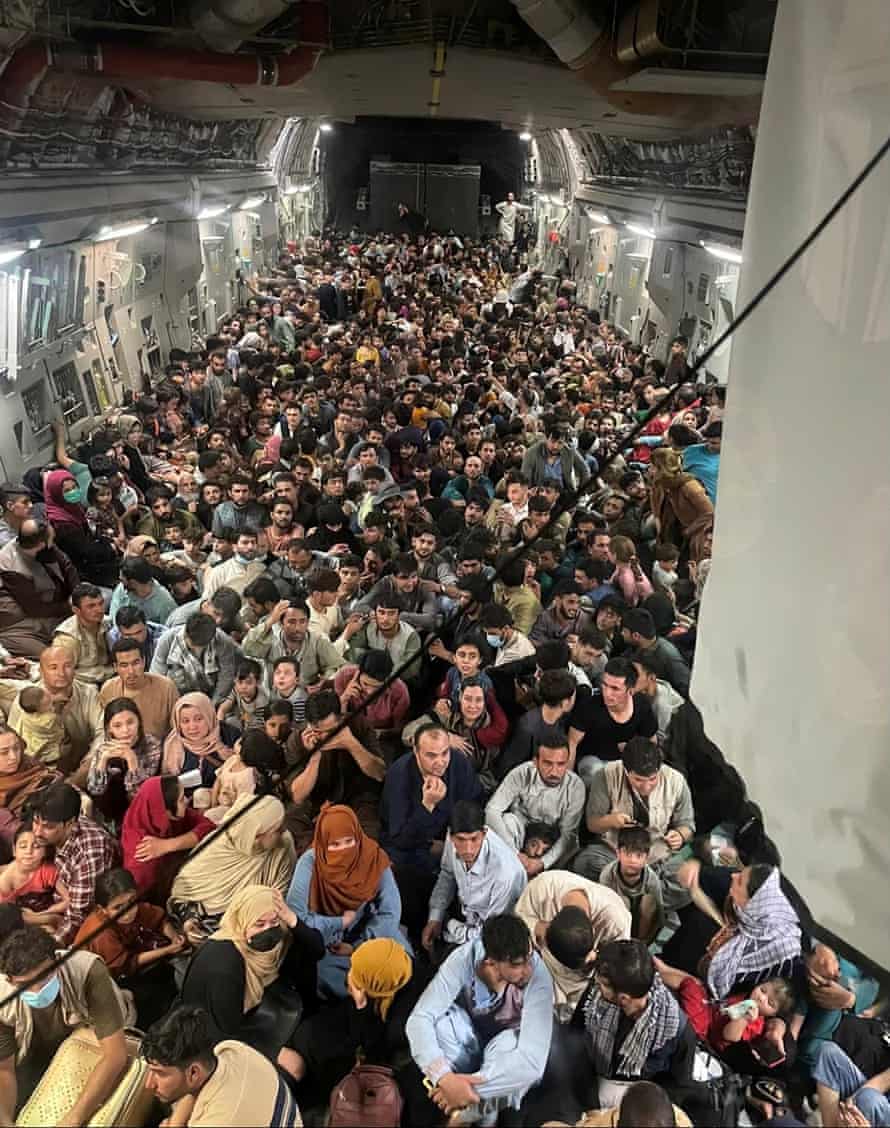A Short Guide to Afghanistan and its Recent History

Afghanistan is a country found at the crossroads of Central and South Asia. It is neighbored by Pakistan to the east and south, Iran to the West, and Turkmenistan and Uzbekistan to the North. Afghanistan is primarily a mountainous country inhabited by around 31 million people, composed of ethnic Pashtuns, Tajiks, Hazaras and Uzbeks. Its official languages are Pashto and Dari, though Hindustani is widely spoken by the population as well. Kabul serves as its capital city.
According to some scholars, the name ‘Afghan’ is derived from the Sanskrit name of “Asvakan” which literally means “horsemen” or “cavalrymen”. This name refers to the ancient inhabitants of the Hindu Kush region, but also perhaps speaks to Afghanistan’s history as an area of conflict. The country has been called ‘unconquerable’ and earned the moniker ‘the graveyard of empires’ as it has seen a great many military campaigns within its borders, including those by Alexander the Great, the Mongols and more recently the British, Soviets and the United States. It’s important to understand the failure of these previous military campaigns to give context to the size of the task titled ‘the War on Terror’. Colonial Britain fought three wars between 1839 to 1919, the first of which was subsequently named “The Disaster of Afghanistan” and finally culminated in the independence of Afghanistan – not much of a victory for the British.
The first seeds of the US war in Afghanistan were planted during the Soviet invasion of 1979, which quickly became a Cold War-era proxy war. By 1985, around 1 million Afghans had been killed during the war, with many more wounded or displaced. It was around this time that western scholars began using the term ‘Jihadism’, the word “jihad” meaning “effort” or “struggle”, the term being used to describe the war of faith against unbelievers. Osama Bin Laden was one of these new Jihads, a young man from a rich family who bankrolled many projects at the time and quickly rose to prominence. Upon the end of the war in 1989 and the departure of US and Soviet troops, Afghanistan descended into civil war. After 10 years of fighting, the Taliban were the victorious group of many warring factions and around this time, al-Qaeda formed was by Bin Laden, based itself in Afghanistan and began plotting its strategy, eventually leading to the September 11 attacks.
Much has been written about 9/11, which we needn’t revisit here, but it’s important to understand how seismic, symbolic, and culturally important this terrible incident is. The images are scarred into our collective memory and predicate many of the west’s prejudices against Muslims, and these images gave the US good reason to invade Afghanistan. Unfortunately, this was the outcome al-Qaeda hoped for. Amongst other motives, it is believed that there was a desire to provoke the U.S. into a broader world against the Islamic world in the hope that more allies would be encouraged to join al-Qaeda and that it would incite a pan-Islamic revolution.
And so began the U.S.’s longest war – 5 months longer than its term in Vietnam. For over twenty years, the U.S. and its allies fought the Taliban, trained Afghan armies, structured government, spent an estimated 2.8 trillion dollars and the war was a direct cause for over 170,000 deaths including civilians and fighters from both sides. All this, undone within a week of the US calling an end to the war and leaving the country. Much like Vietnam, we’re left wondering what it was all for.
And while we wrestle with these huge numbers and grand narratives, the people of Afghanistan are often overlooked. Throughout all of recent history and beyond, Afghanistan has been a region of conflict through colonialism, occupation and civil war. Its people have seen their families destroyed and displaced by war, and its women have seen their rights fall away under religious fundamentalism. We now expect many Afghan asylum speakers to come to the UK, where they should be welcomed. Vandu Languages are ready to help with any Pashto, Dari and Hindustani language requests including onsite and remote interpreting, translation and bilingual advocacy. Please call 01273 473986 or email info@vandu.co.uk to get in touch and see how we can help.
